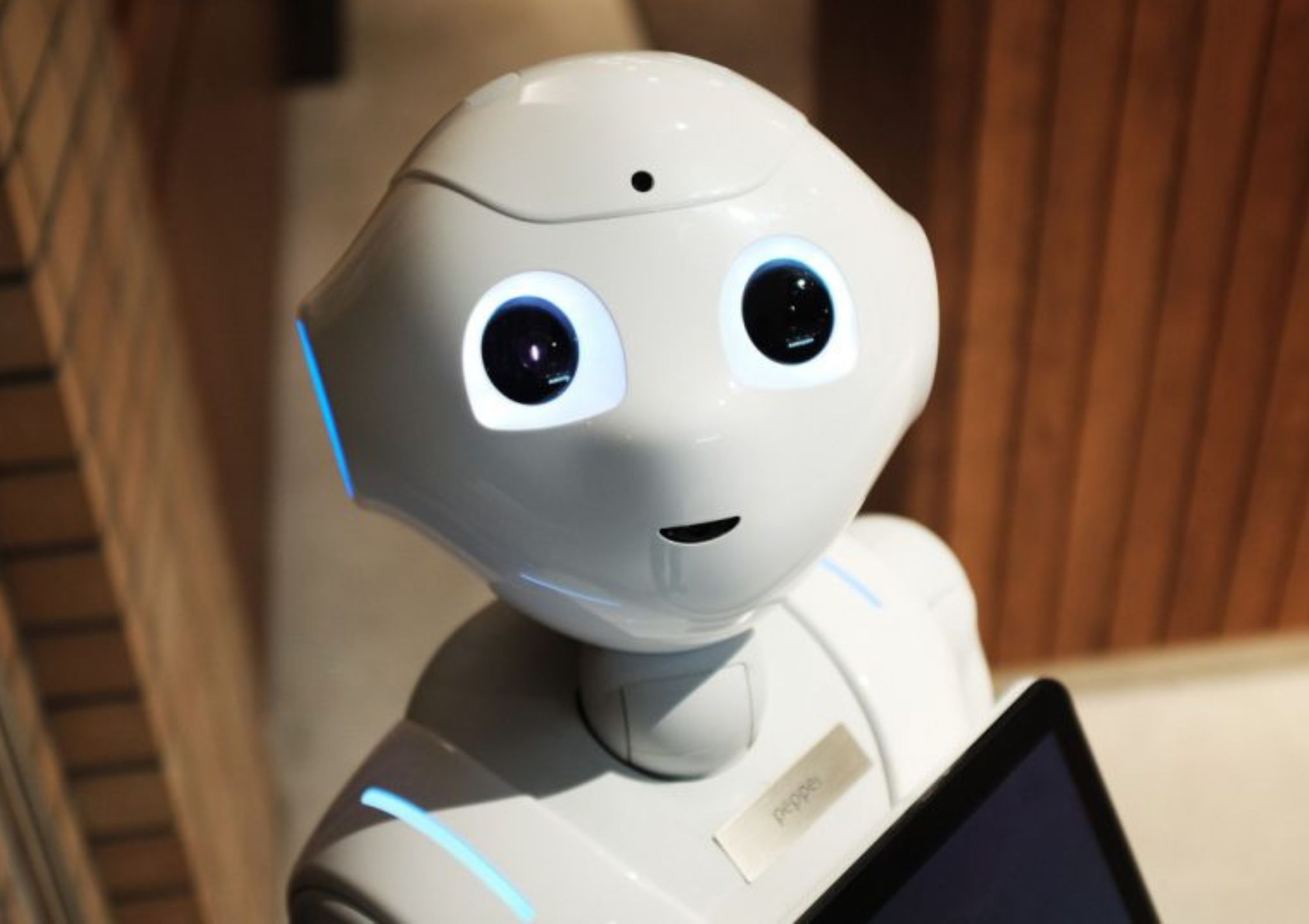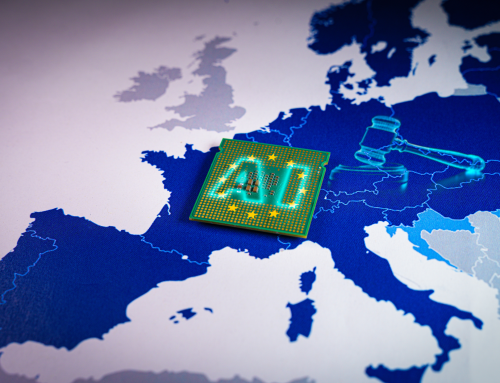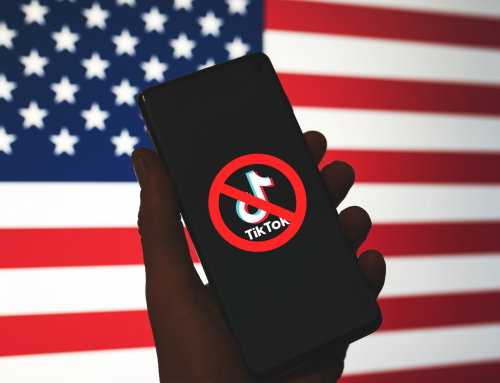A court hearing scheduled for February 2023 will go down in history. For the first time, an accused person will receive electronic legal counsel – in the form of a robot lawyer.
Artificial intelligence (AI for short) is currently on everyone’s lips. It writes texts, creates works of art and drives vehicles. Now the first robot lawyer is entering a US courtroom. It is supposed to help a defendant represent himself in court in the best possible way.
Who is behind the Robot Lawyer?
The AI, which was introduced under the name “Robot Lawyer,” was developed by the U.S. company DoNotPay. Founder Joshua Browder had the idea many years ago to speed up public processes with the help of robots. For example, a chatbot has been helping citizens in the UK to automatically contest parking tickets and parking fines for many years. Relevant information is first requested via a questionnaire, after which the chatbot checks the chances of success of an appeal. It also helps those affected to fill in and submit all the necessary documents.
How the robot lawyer works
The robot lawyer goes one step further. The AI runs on a smartphone that the defendant carries in his pocket in court. Via voice recording, the app listens to the court’s arguments. Then, via AirPod headphones, the client transmits what and how the defendant should respond to the court. The robot lawyer is programmed to render facts correctly, while not exaggerating or being “too polite.” In addition, the AI is supposed to respond only to relevant statements, not rhetorical ones.
Controversial gray area
DoNotPay’s use of an AI in the courtroom places it in a legal gray area. In many U.S. states, the use of a smartphone during a court proceeding is prohibited. The use of other internet-connected devices is also generally prohibited. For this reason, a state where people are allowed to use AirPods for accessibility reasons was chosen for Robot Lawyer’s launch – according to company founder Browder. The exact location of the trial, as well as the name of the person charged, has been kept under wraps by DoNotPay so far. The fear is too great that the responsible judge could find out about the planned test and prevent it at the last moment.







